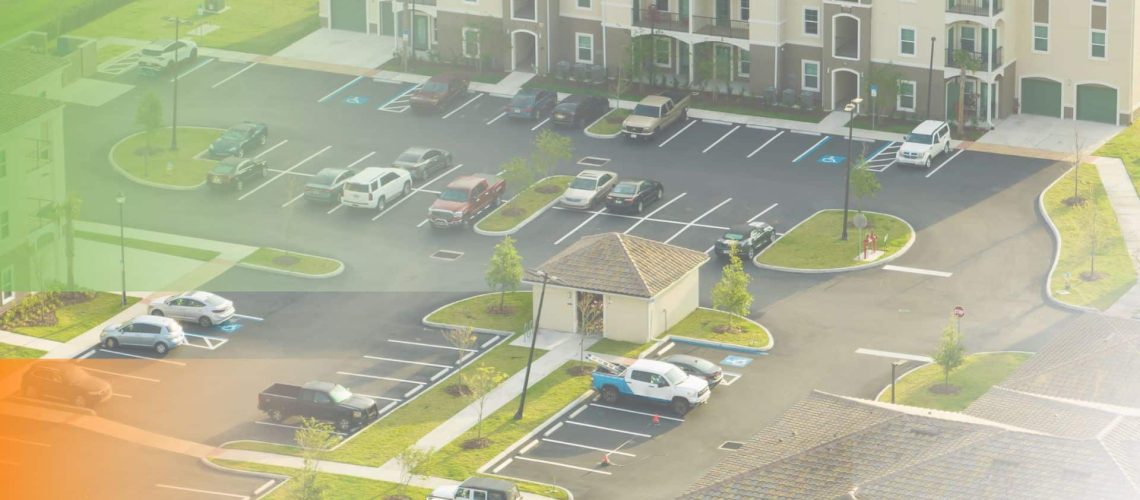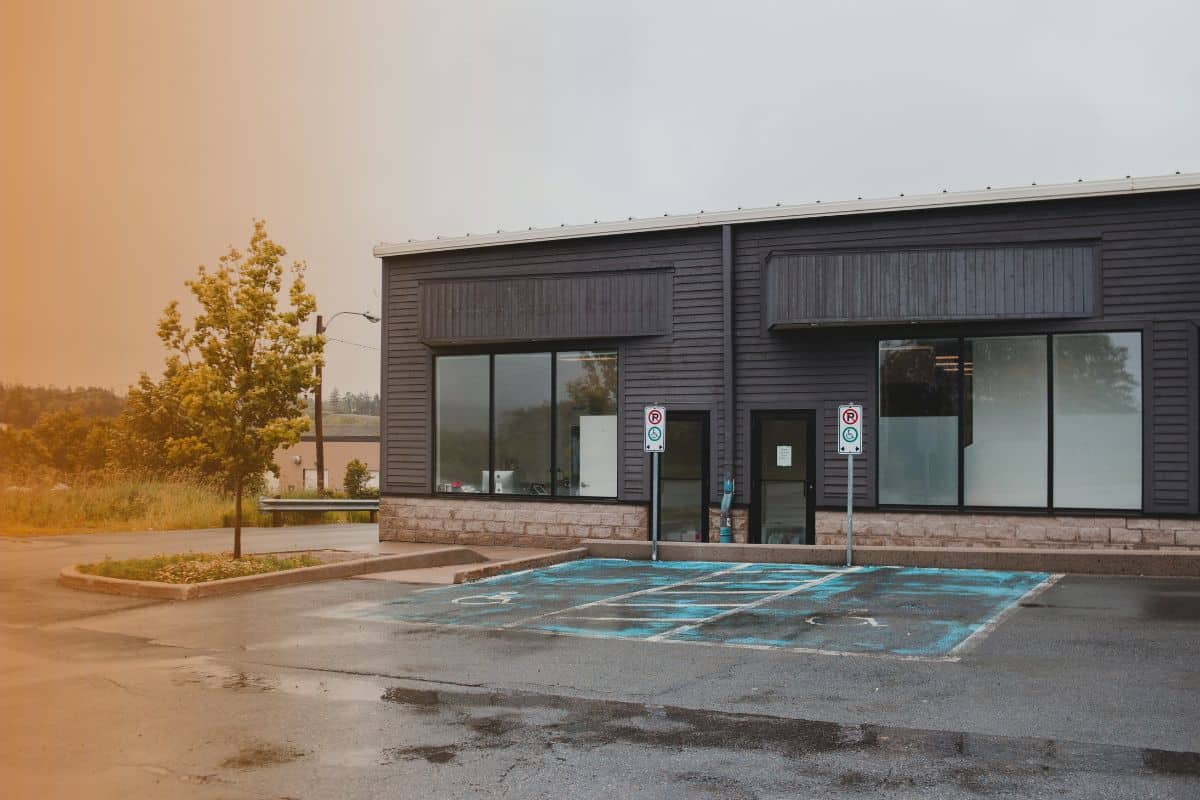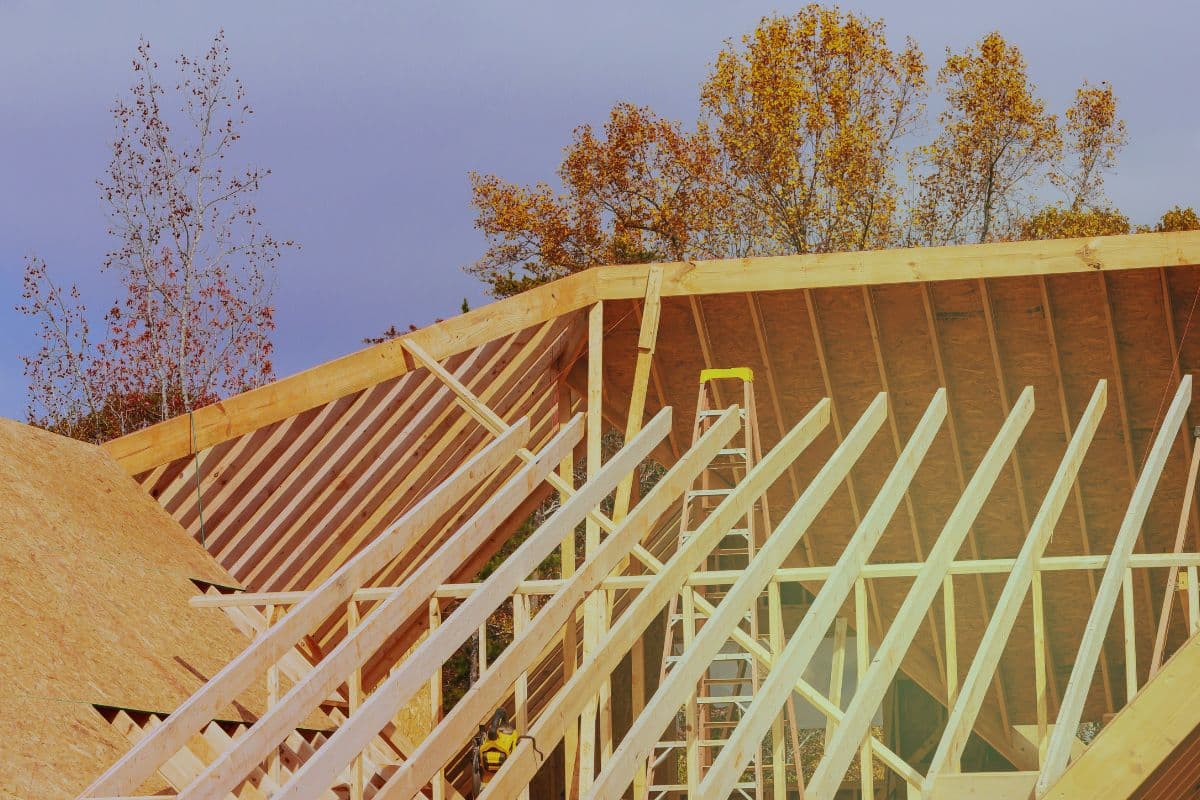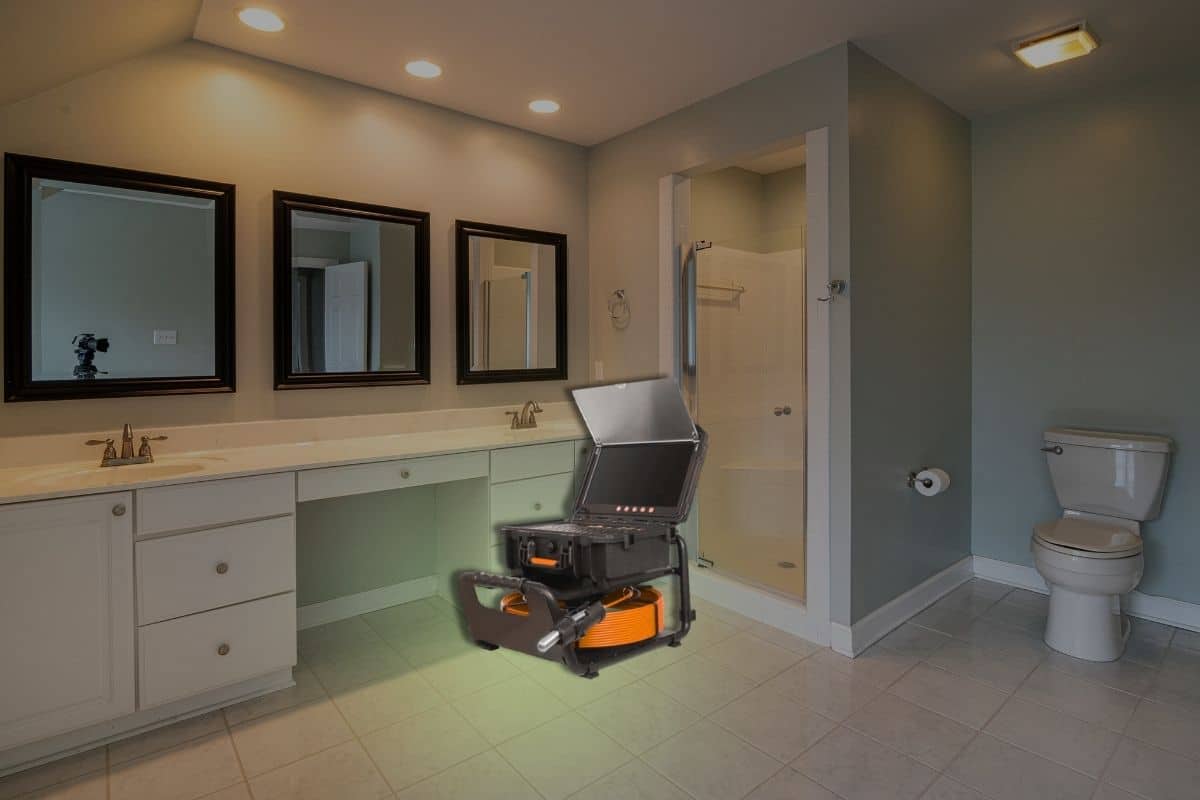Buying commercial property can be a smart investment, but it also comes with risks. Whether you’re purchasing an office building, retail space, industrial site, or multi-use property, there’s more to consider than just location and price.
Asking the right questions, and getting a professional inspection early in the process, helps you avoid surprises and ensures the property fits your long-term plans.
Here are key questions to ask when buying commercial property to help guide you toward a smart purchase.
Table of Contents
ToggleWhat Type of Property Are You Looking At?
Commercial real estate covers a wide range of properties, including:
-
- Office buildings
-
- Industrial and warehouse spaces
-
- Retail spaces and shopping centers
-
- Multi-family housing, such as apartment complexes
-
- Medical or dental offices
-
- Mixed-use developments
Each type has different systems, maintenance needs, and potential risks. Knowing the category helps shape your questions and inspection priorities.
1. Is the Property Zoned for My Intended Use?
Zoning laws dictate what activities can take place on a property. Before buying, verify that the property is zoned for your planned business or tenant type.
If the zoning doesn’t match your intended use, getting a variance or zoning change can be a long and uncertain process.
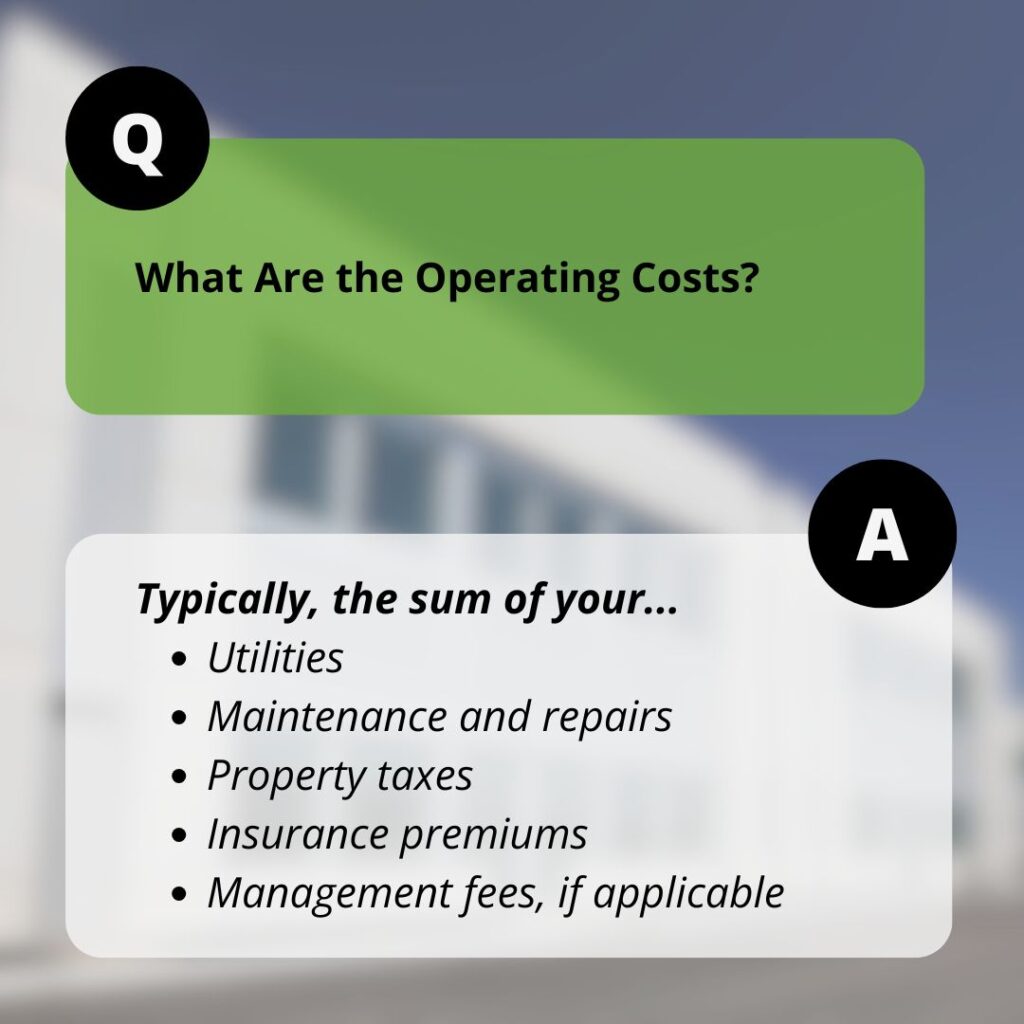
2. What Is the Condition of the Building?
A professional commercial property inspection gives you a clear picture of the building’s condition. An inspection should evaluate:
-
- Structural systems, including roof, foundation, and framing
-
- HVAC, electrical, and plumbing systems
-
- Moisture issues and drainage
-
- Parking lot and exterior areas
-
- Accessibility and ADA compliance
-
- Possible hazards such as mold, asbestos, or lead paint
Knowing what repairs or updates may be needed helps you plan costs and avoid surprises after purchase.
3. What Deferred Care or Repairs Will Be Needed?
Even well-maintained buildings may have aging systems or components that need attention soon. A thorough inspection can identify items such as:
-
- Roofing that may need replacement in the next few years
-
- HVAC systems nearing the end of their lifespan
-
- Outdated electrical panels
-
- Structural wear that needs monitoring
Budgeting for short-term and long-term maintenance is key to protecting your investment.
4. Does the Building Meet Current Codes and Safety Standards?
Building codes, fire safety codes, and ADA regulations change over time. Older properties may need upgrades to meet today’s standards.
An inspection will highlight areas that fall short so you can plan accordingly, especially if renovations or a change of use is planned.
5. Are There Environmental Concerns?
Some properties, particularly industrial or former gas station sites, may carry environmental risks such as soil contamination.
Even properties that seem low-risk can have hidden concerns. Depending on the site’s history, you may want to order a Phase I Environmental Site Assessment in addition to your building inspection.
6. What Are the Operating Costs?
Beyond the purchase price, you should consider the property’s typical operating costs:
-
- Utilities
-
- Maintenance and repairs
-
- Property taxes
-
- Insurance premiums
-
- Management fees if applicable
Unexpectedly high operating costs can affect your return on investment.
7. What Is the Property’s Inspection and Maintenance History?
If available, review previous inspection reports, maintenance logs, and repair records. These documents provide insights into the building’s history and recurring issues you should be aware of.
8. Will Renovations Be Needed Before Use?
Consider whether the property will require renovations or build-outs to fit your needs or attract tenants. If renovations are needed, be sure to:
-
- Confirm that changes will meet current codes
-
- Factor construction costs and timelines into your budget
-
- Plan for any delays before generating rental income or opening for business
9. Who Will Perform the Property Inspection?
Choosing the right inspector is one of the most important decisions in the buying process. Look for an experienced commercial property inspector who understands the unique systems and challenges these buildings present.
At Inspection Gator, we provide commercial property inspections throughout NE Texas, SW Arkansas, & SE Oklahoma. Our inspections cover structural components, mechanical systems, safety risks, and more, giving buyers the full picture they need to make informed decisions.
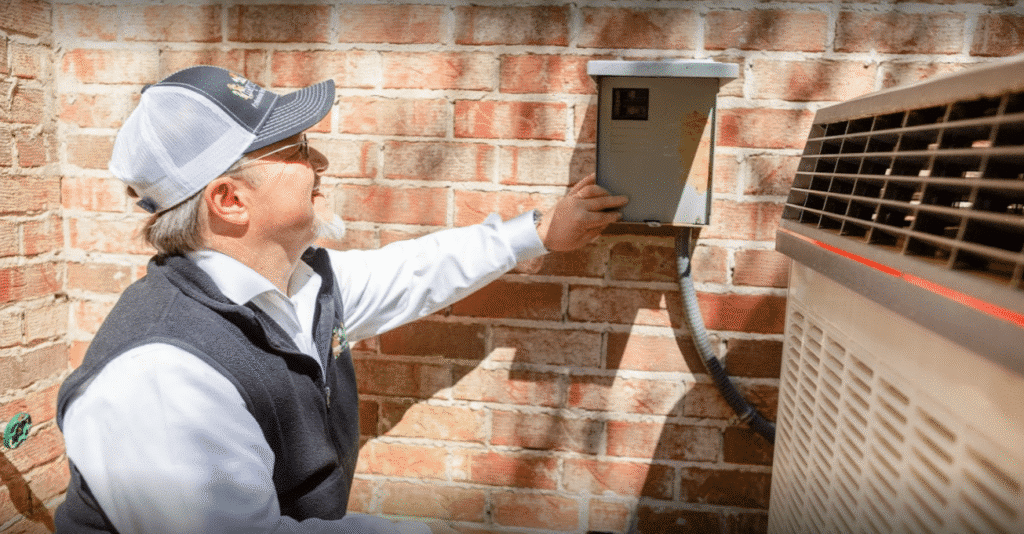
Important Notes on Commercial Maintenance
Owning commercial property involves more than just the initial purchase. Regular maintenance is key to preserving the building’s value, protecting tenants, and avoiding expensive repairs. Important maintenance considerations include:
-
- Change HVAC filters regularly and schedule seasonal service
-
- Keep roofing and drainage systems clear and well-maintained
-
- Inspect parking lots and pavement for cracks or drainage problems
-
- Test fire alarms, emergency lighting, and sprinkler systems on schedule
-
- Monitor for signs of water intrusion, mold, or pest activity
Conclusion
Buying commercial property is a major investment. Asking the right questions, conducting a thorough inspection, and understanding the true condition and costs of the property will help you protect your investment and plan for success.
If you are purchasing commercial property, call Inspection Gator to schedule your inspection

